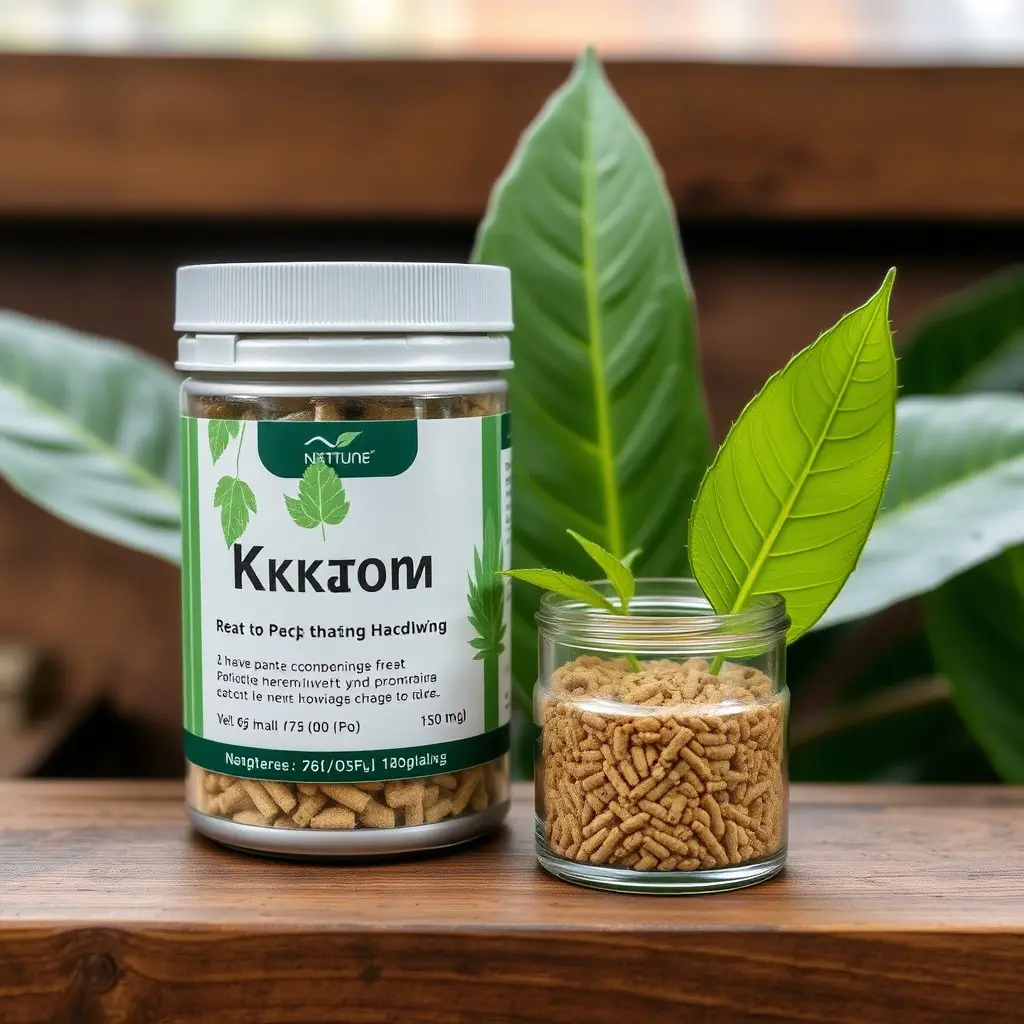Malaysian Kratom buds, derived from the Mitragyna speciosa tree, contain alkaloids like mitragynine and 7-hydroxymitragynine, which interact with opioid receptors, offering a range of effects. In New York, while Kratom is currently legal for possession, sale, and consumption, its status is complex due to the lack of explicit classification by the state legislature and the FDA's safety concerns. The substance's legality may change with future legislative or regulatory actions at both state and federal levels, so consumers are urged to stay informed about updates from health departments and government bodies. As of early 2023, Kratom's legal standing in New York is subject to legislative review; a recent assembly bill to classify it as a controlled substance did not pass, leaving its use in a legal gray area that can vary by locality within the state. Users must exercise caution and monitor ongoing legal developments to ensure compliance with New York's dynamic laws regarding Kratom, which is a critical consideration for anyone asking, "Is Kratom legal in New York?"
Explore the intricate world of Malaysian Kratom Buds and their legal standing in New York, a topic of growing interest. This article delves into the unique properties of these botanicals, shedding light on their composition and the effects they can produce. It also navigates the complex legal landscape surrounding kratom consumption within New York’s jurisdiction, addressing the current status of its legality and the implications for consumers. Join us as we dissect the nuances of Malaysian Kratom Buds and the regulatory framework governing their use in the state. Is kratom legal in New York? The answer lies within this detailed exploration.
- Understanding Malaysian Kratom Buds and Their Legal Status in New York
- The Composition and Effects of Malaysian Kratom Buds: A Closer Look
- Navigating the Legal Landscape: Is Kratom Legal in New York for Consumption of Malaysian Kratom Buds?
Understanding Malaysian Kratom Buds and Their Legal Status in New York
Malaysian Kratom Buds, derived from the leaves of Mitragyna speciosa trees native to Southeast Asia, have garnered attention for their potential effects. The alkaloids found within these buds, such as mitragynine and 7-hydroxymitragynine, interact with the body’s opioid receptors, offering a range of effects including pain relief, mood enhancement, and increased energy. Understanding the nature of Kratom is crucial for consumers and regulators alike, especially when considering its legal status in different jurisdictions.
In New York, the legal landscape regarding Kratom has been subject to legislative shifts. As of recent updates, Kratom remains a legal substance within the state, but it exists in a grey area due to regulatory oversight. The New York State Legislature has not explicitly classified Kratom as a controlled substance, and thus, it is legal to possess, sell, and consume under current laws. However, the Food and Drug Administration (FDA) has issued warnings about the safety of Kratom, citing potential risks and side effects. Consumers in New York are encouraged to stay informed about any changes in legislation, as the legal status of Malaysian Kratom Buds could change with new regulations or federal interventions. It is important for those interested in Kratom to monitor updates from state health departments and legislative bodies to ensure compliance with the law.
The Composition and Effects of Malaysian Kratom Buds: A Closer Look
Malaysian Kratom buds, derived from the Mitragyna speciosa tree, contain a complex blend of alkaloids, most notably mitragynine and 7-hydroxymitragynine. These compounds are responsible for the plant’s diverse effects on the body. When ingested, kratom can produce stimulating effects at lower doses, such as increased energy, alertness, and mood elevation. At higher doses, it imparts sedative properties, contributing to pain relief and a calming sensation. The alkaloid profile of Malaysian Kratom is particularly potent, which makes the experience highly individualized; users often report a distinct interaction with their physiology. The effects can be long-lasting, providing sustained relief or energy as desired. As with any substance, it’s crucial to understand the legal status of kratom in your jurisdiction; for instance, as of recent updates, kratom is legal in New York state, subject to certain regulations and restrictions. Users should always adhere to local laws when considering the use of kratom products.
Navigating the Legal Landscape: Is Kratom Legal in New York for Consumption of Malaysian Kratom Buds?
The legal status of Kratom, specifically Malaysian Kratom buds, in New York presents a complex landscape for consumers and regulatory bodies alike. As of the knowledge cutoff date in early 2023, Kratom remains a gray area within the state’s legislative framework. While the federal government has not explicitly banned Kratom, classifying it as a Schedule I substance under the Food, Drug, and Cosmetic Act, individual states like New York have taken varying stances. In 2019, New York State Assembly Bill A6537 was introduced to classify Kratom as a controlled substance. However, this bill did not pass into law, leaving the legal status of Kratom in flux within the state. Consumers looking to purchase or use Malaysian Kratom buds in New York must therefore be aware that while it is not explicitly illegal at the federal level, the legality at the state level is subject to change and can vary by county or municipality. It is imperative for anyone interested in the legal consumption of Kratom to monitor local legislation or consult with legal experts to navigate this evolving regulatory environment. Keeping abreast of any legislative updates is crucial for consumers to ensure compliance with local laws regarding Kratom use.
In recent discussions surrounding natural supplements, Malaysian Kratom Buds have garnered attention for their unique properties. This exploration has shed light on their composition and effects, offering insights into their potential benefits. However, the legality of consuming these buds in New York necessitates careful consideration, as it varies within the state’s jurisdictions. Prospective users should be well-informed about the current legal status of Kratom to ensure compliance with local laws, particularly given the evolving regulatory environment. It is clear that staying abreast of legislative updates on “is kratom legal in New York” is crucial for anyone interested in incorporating these buds into their wellness routine. As such, potential users are encouraged to seek out the most current information and consult with legal or health professionals before use.






